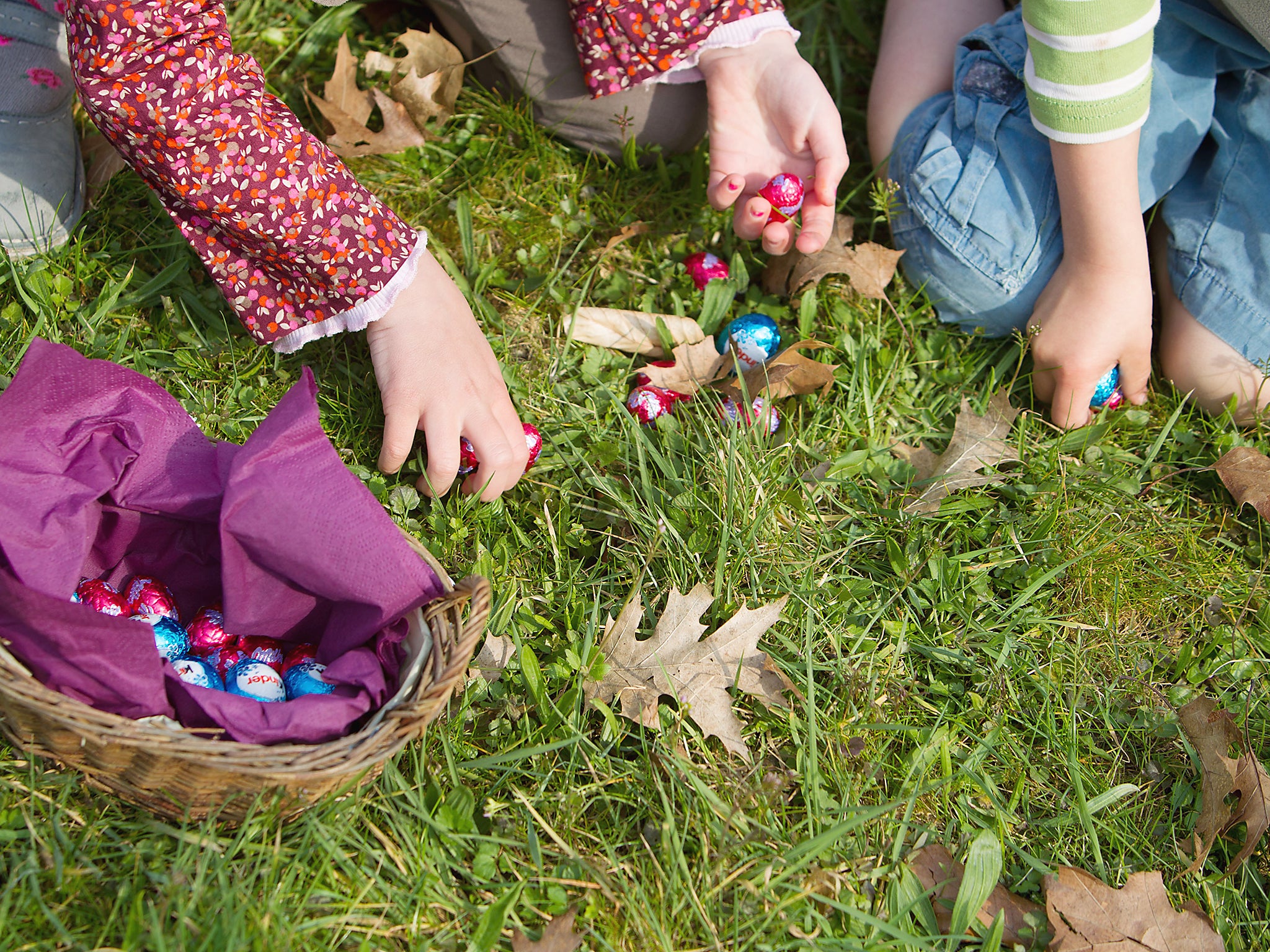As an atheist, I know we can ignore the religious connotations of Easter and just enjoy the fun
For some people Easter may be a religious celebration, but the rest of us should accept it as a great secular tradition that gives us bank holidays and loads of chocolate

Your support helps us to tell the story
This election is still a dead heat, according to most polls. In a fight with such wafer-thin margins, we need reporters on the ground talking to the people Trump and Harris are courting. Your support allows us to keep sending journalists to the story.
The Independent is trusted by 27 million Americans from across the entire political spectrum every month. Unlike many other quality news outlets, we choose not to lock you out of our reporting and analysis with paywalls. But quality journalism must still be paid for.
Help us keep bring these critical stories to light. Your support makes all the difference.
I know that I can’t be the only one who, like Christmas, uses the Easter bank holiday as an excuse to legitimately eat chocolate for breakfast without so much as a raised eyebrow from my loved ones.
Similarly, I know that I’m not the only one who is doing so without actually embracing any of the religious aspects of Easter, and this can sometimes be a conflicting position to be in.
This month, the National Trust has come under fire for allegedly removing the word “Easter” from its annual egg hunt. Some people felt that it was wrong to take the religious element out of the event, while others view it as a traditionally religious celebration which has now crossed over into the secular mainstream for us all to celebrate. As far as I’m concerned, anything that involves hot cross buns and mini-eggs should be fully embraced.
The multitude of faiths that now exist within our society, coupled with the fact that increasing numbers of people don't identify with a religion at all, have caused traditions of particular holidays to gradually become more separated from their religious roots.
Escalating consumerism, for better or worse, is also distancing us from the origins of what were once purely celebrations of faith. As far as the high street is concerned, religion isn’t relevant to the marketing of Easter, as proven by Tesco in their controversial Good Friday adverts last week.
It’s understandable, then, that some of the religious significance of the holiday itself is lost on us. I even saw some Easter-themed Christmas crackers this week which I’m pretty sure were not part of the table decorations at the Last Supper.
Easter is a special time for those who believe in its religious significance, but for those of us who don’t celebrate the religious aspect, two days of national holiday are a great opportunity to create our own secular traditions.
Just as Christmas, Halloween, and even weddings are no longer necessarily being associated with the institutions from which they originated, the religious themes of Easter can and should be brought into the lives of non-Christian people in new ways. We can embrace the values of Easter without sharing in that religious significance.
To me, Easter marks the time of year to start on the spring cleaning, prepare for the summer, recharge, and to share love (and chocolate) with our family and friends. This is absolutely something to be celebrated, religious or not.
It’s valuable to understand the religious origins of Easter, but it isn’t a necessary part of enjoying the holiday. There is joy to be had irrespective of your religious beliefs. If our concern is solely focused on the controversy over how sacred Easter is, then I think we’re completely missing the point.
Join our commenting forum
Join thought-provoking conversations, follow other Independent readers and see their replies
Comments